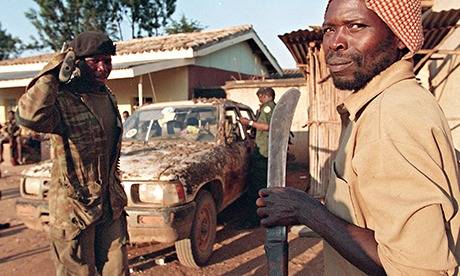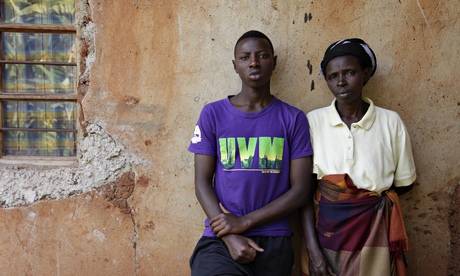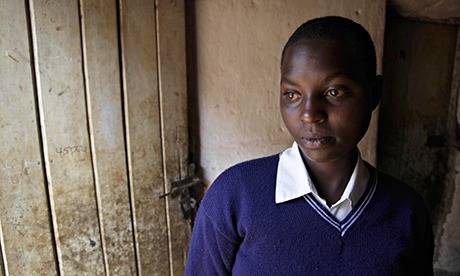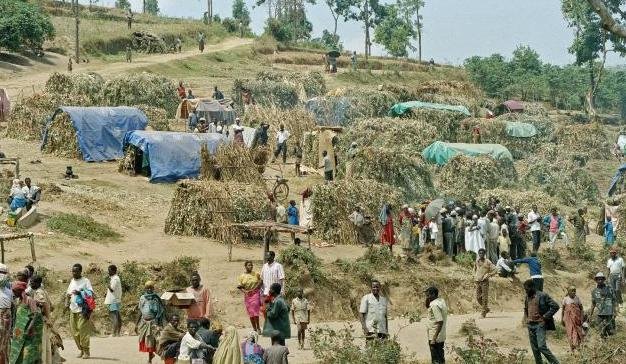Saigon
Gold Member
The end of an error...but an example of visionary and usual (albeit sometimes faulted) justice all the same.
Rwanda's community courts, known as gacaca, have finished their work, after 10 years of trying those accused of involvement in the 1994 genocide.
The courts were set up to speed up the prosecution of hundreds of thousands of genocide suspects awaiting trial.
Human rights group say the gacaca fell well short of international legal standards.
About 65% of the close to two million people tried have been found guilty, according to latest government figures.
BBC News - Rwanda 'gacaca' genocide courts finish work
Let's hope the healing process for this magical country can no take the next step, towards forgiveness and working together.
Rwanda's community courts, known as gacaca, have finished their work, after 10 years of trying those accused of involvement in the 1994 genocide.
The courts were set up to speed up the prosecution of hundreds of thousands of genocide suspects awaiting trial.
Human rights group say the gacaca fell well short of international legal standards.
About 65% of the close to two million people tried have been found guilty, according to latest government figures.
BBC News - Rwanda 'gacaca' genocide courts finish work
Let's hope the healing process for this magical country can no take the next step, towards forgiveness and working together.





